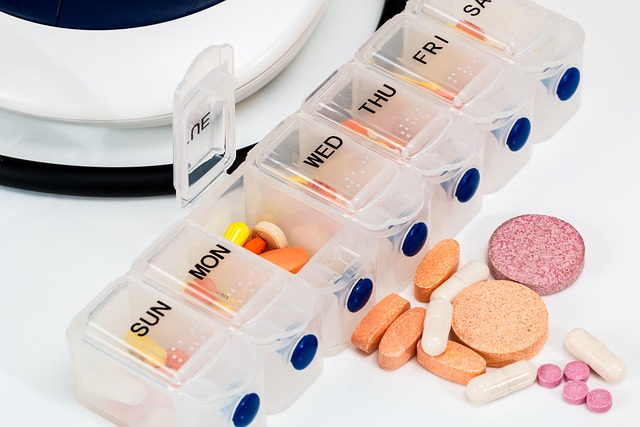Why Hypertension Matters
Hypertension, commonly known as high blood pressure, affects millions of people worldwide — often without them even knowing it. It’s called the “silent killer” because it usually has no obvious symptoms, yet it can lead to serious health problems like heart disease, stroke, and kidney damage.
Understanding hypertension is the first step toward prevention and better health.
What is Hypertension?
Blood pressure measures the force of blood pushing against the walls of your arteries. It’s recorded as two numbers:
- Systolic pressure (top number): pressure when the heart beats
- Diastolic pressure (bottom number): pressure when the heart rests between beats
A normal reading is generally around 120/80 mmHg. Hypertension is typically diagnosed when readings consistently exceed 130/80 mmHg.
Why It’s Called the “Silent Killer”
Most people with high blood pressure feel perfectly fine — until complications arise. Without regular check‑ups, hypertension can go unnoticed for years, quietly damaging blood vessels and vital organs.
Risk Factors You Should Know
Some risk factors are beyond your control, while others can be managed through lifestyle changes:
- Age: Risk increases as you get older
- Family history: Genetics can play a role
- Obesity: Excess weight strains the heart
- High salt intake: Can raise blood pressure levels
- Sedentary lifestyle: Lack of physical activity weakens the cardiovascular system
- Smoking and alcohol: Both can damage blood vessels and raise blood pressure
- Chronic stress: Can contribute to long‑term elevation in blood pressure
Possible Complications
If left untreated, hypertension can lead to:
- Heart disease (including heart attack and heart failure)
- Stroke
- Kidney disease
- Vision problems due to damaged blood vessels in the eyes
- Aneurysms (weakened blood vessel walls)
Prevention and Management
While medication may be necessary for some, many people can lower their blood pressure through healthy habits:
1. Eat a Balanced Diet
Focus on fruits, vegetables, whole grains, lean proteins, and low‑fat dairy. The DASH diet (Dietary Approaches to Stop Hypertension) is often recommended.
2. Reduce Salt Intake
Aim for less than 2,300 mg of sodium per day — ideally closer to 1,500 mg for most adults.
3. Stay Active
Engage in at least 150 minutes of moderate exercise per week, such as brisk walking, cycling, or swimming.
4. Maintain a Healthy Weight
Even a small weight loss can significantly lower blood pressure.
5. Limit Alcohol and Quit Smoking
Both can damage your cardiovascular system and raise blood pressure.
6. Manage Stress
Practice relaxation techniques like deep breathing, meditation, or yoga.
The Importance of Regular Check‑Ups
Because hypertension often has no symptoms, regular blood pressure checks are essential — especially if you have risk factors. Early detection allows for timely lifestyle changes or treatment to prevent complications.
Final Thoughts
Hypertension may be silent, but its effects are loud and life‑changing if ignored. By understanding the risks, making healthy lifestyle choices, and getting regular check‑ups, you can take control of your blood pressure and protect your long‑term health.








